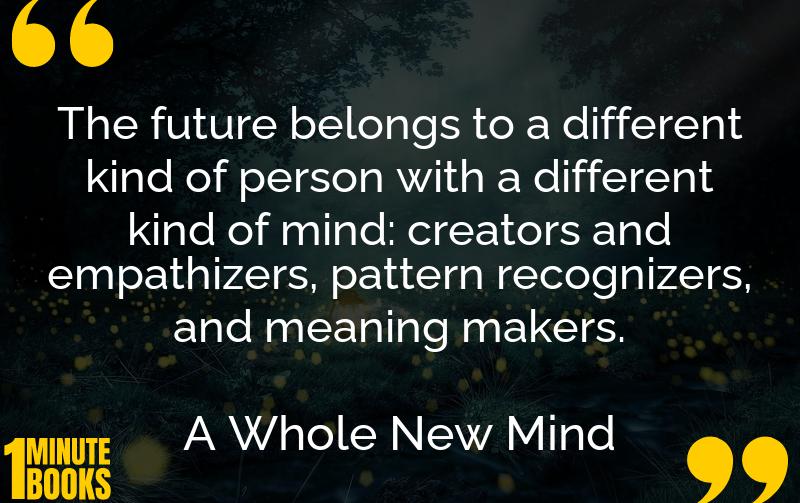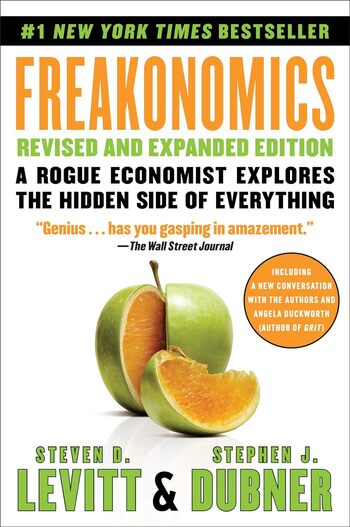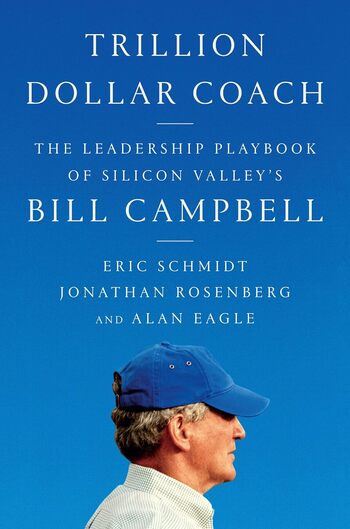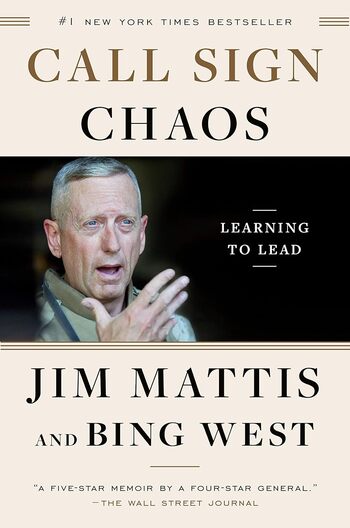
Daniel H. Pink’s ‘A Whole New Mind’ highlights the growing importance of right-brain thinking in the Conceptual Age, emphasizing skills like empathy, creativity, and storytelling to adapt and thrive in an evolving world.
Main Lessons
- Right-brain thinking is gaining prominence as we transition from the Information Age to the Conceptual Age.
- Success now demands high-concept creativity and high-touch empathy.
- Empathy is increasingly crucial in fields like law and medicine as technology advances.
- Good design combines utility with creative significance, vital for business success.
- Storytelling has gained importance over factual knowledge for effective communication.
- Symphony, the ability to merge diverse elements, is key for innovation.
- Playfulness and humor improve workplace morale and communication.
- The intrinsic need for meaning fuels the rise of spirituality in personal and professional life.
- Balancing left and right brain skills leads to a more innovative and successful future.
- Educational systems are adapting by promoting creativity and empathy.
- The ability to adapt to complex challenges requires a holistic, big-picture approach.








